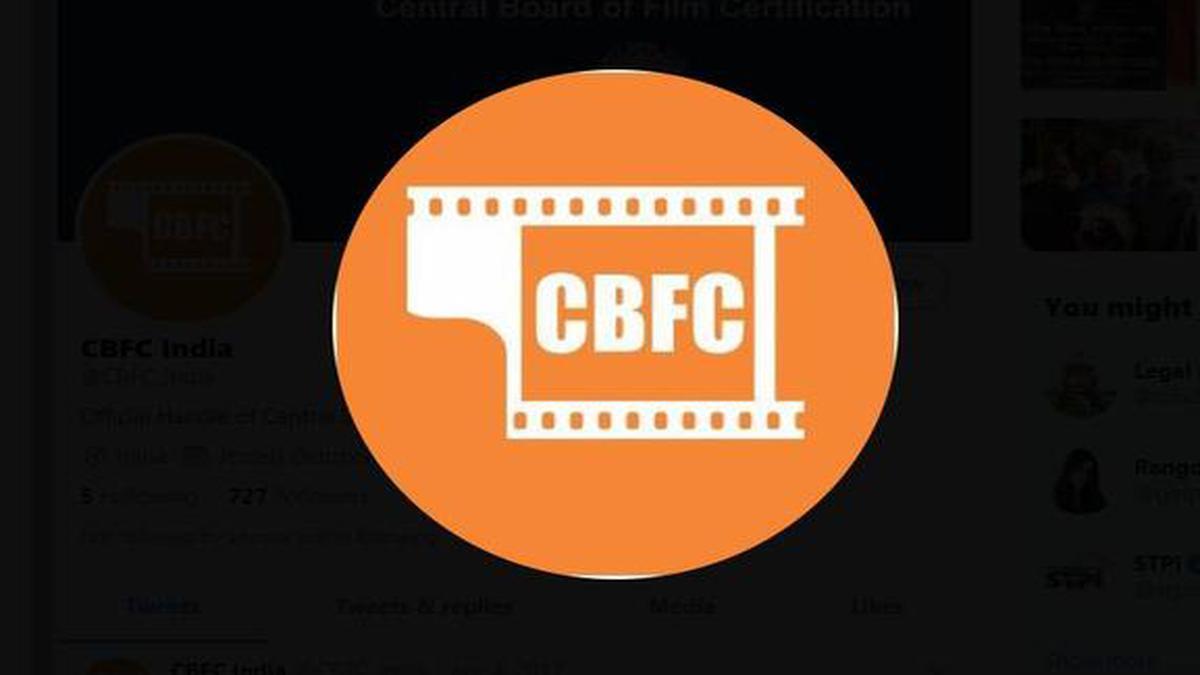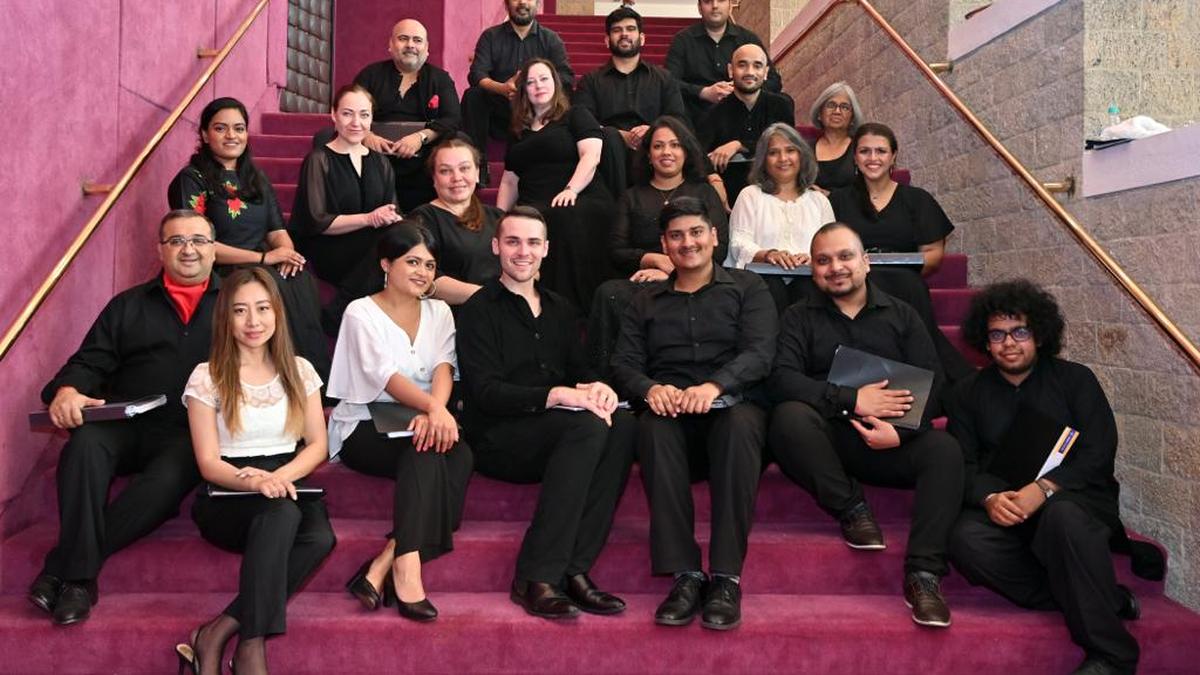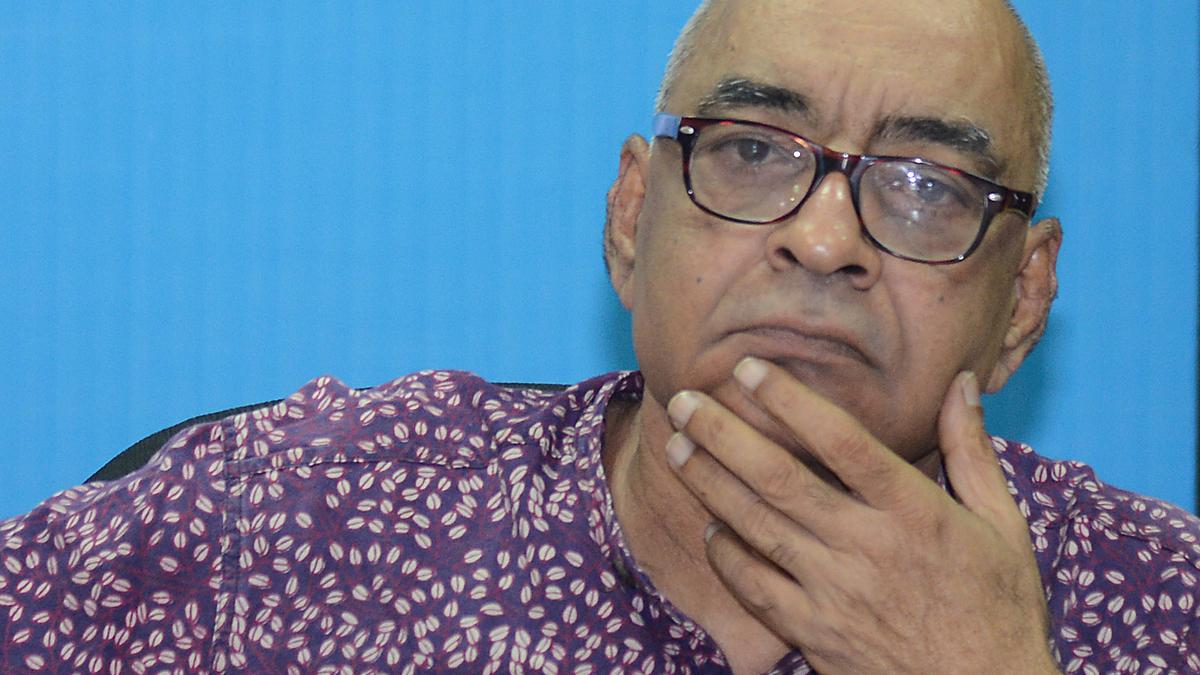Film producers’ associations pushed back earlier this year on accessibility guidelines proposed by the Ministry of Information and Broadcasting to make cinemas more accessible to the visually and hearing impaired. In a summary of responses by producers’ associations, the Central Board of Film Certification (CBFC), which liaised with producers on the issue at the Ministry’s request, producers’ bodies are seen opposing accessibility features such as mirror-enabled closed captioning and headphones for audio description.
In January, the I&B Ministry had issued a draft of “Guidelines of Accessibility Standards in the Public Exhibition of Feature Films in Cinema Theatres for Persons with Hearing and Visual Impairment,” and invited comments from industry and the general public. The draft was a long-delayed implementation of a part of the Rights of Persons with Disabilities Act, 2016. While the guidelines may have well precipitated better access to cinema for visually and hearing impaired people, producers pushed back arguing that doing so would be too expensive.
The Film Federation of India, which constitutes the committee that selects the film that will represent India at the Academy Awards each year, said that making “separate versions of films for the general public and handicapped audiences incurs additional cost,” and that the draft guidelines “burden producers, especially small budget ones.”
Similar concerns around costs were raised by the Telangana State Film Chamber of Commerce, the Indian Motion Picture Producers’ Association, the South Indian Film Chamber of Commerce, the Kannada Film Producers Association, the Western India Film & TV Producers’ Association, and some exhibitors.
The draft had suggested “closed captioning smart glasses,” “closed caption display below the screen,” and other such technologies. PVR Inox Ltd. said that it would welcome the introduction of an app that would run on cinemagoers’ phones, but said that studios and distributors would have to take the lead on sending the audio description track that would play on these apps for visually impaired viewers, and dismissed the other proposals, citing infrastructure cost.
The Bengaluru-based Association of People with Disability said in its response that the guidelines should also account for hard of hearing movie watchers, who should be able to book seats closer to speakers, and that braille signs and tactile paths should be present in cinemas. The Sanket Foundation, which works for deaf and hard of hearing people, said that a quarter of all shows in cinemas should run with closed captioning. “Movies tend to stop showing subtitles after the second week,” the nonprofit’s filing said.
While the industry has pushed back on the I&B Ministry’s proposals, the Delhi High Court in March took a firm stance, and ordered the government to finalise and notify the guidelines by July 15. “It is made clear that the said guidelines shall make the provision of accessibility features mandatory and provide a reasonable period for compliance by all stakeholders, in an expeditious manner,” Justice Prathiba Singh had ordered.



